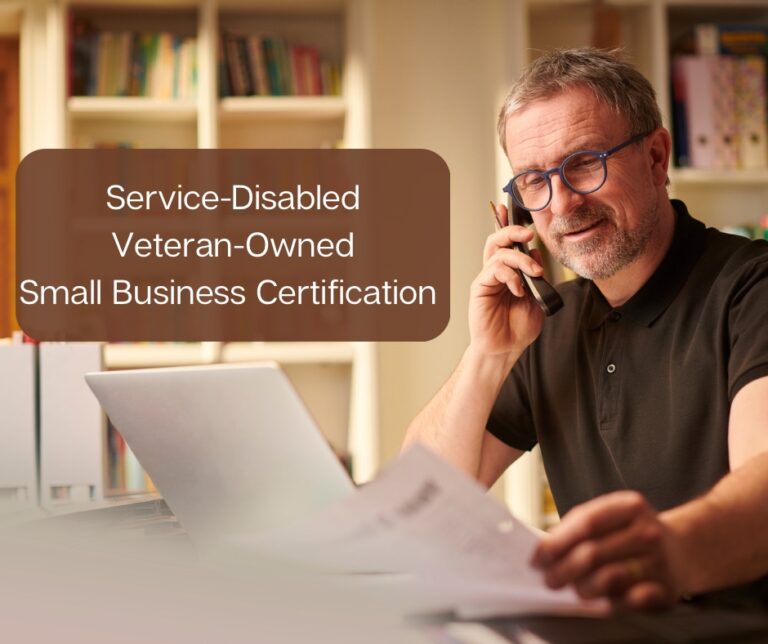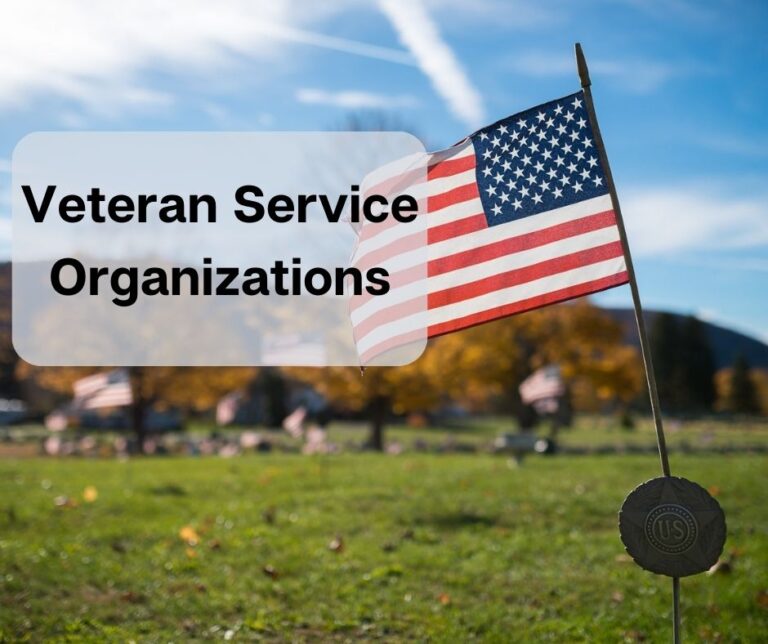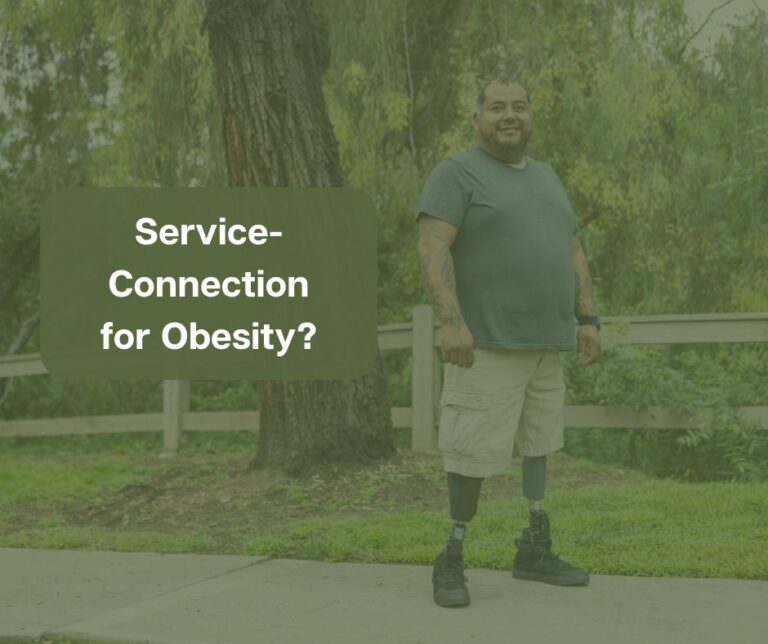10 Must-Know Strategies for Veterans to Shine in Civilian Job Interviews
Transitioning from a military career to the civilian workforce can feel overwhelming, especially when it comes to job interviews. Even veterans who have been out of the military for a while may be overwhelmed at times in applying for a civilian job. While veterans bring a wealth of experience, leadership, and problem-solving skills, navigating the nuances of civilian job interviews requires a fresh approach. However, with the right strategies, you can stand out as a top candidate and confidently showcase your unique value. Today, we will explore 10 essential strategies that will help you shine in your next interview.
1. Understand the Employer’s Needs
Now we know that the military gives you a lot of skills. You have learned leadership, discipline, a sound work ethic, and many other skills that most employers would like in a new employee. However, you need to keep in mind what the employer needs.
The foundation of a successful interview is preparation. Start by researching the company you’re interviewing with: their mission, values, and the role they’re hiring for. Civilian employers are looking for candidates who not only have the skills for the job but also align with their organization’s culture.
Take the time to study the job description and identify how your military experience matches their requirements. For example, if the role requires leadership, reflect on times you led teams or managed operations. By speaking their language and focusing on their needs, you can position yourself as the perfect fit.
2. Translate Military Experience into Civilian Terms
One of the biggest challenges veterans face is bridging the gap between military and civilian terminology. Employers may not understand military jargon, so it’s crucial to translate your experience into language they can relate to.
Instead of saying, “I was a platoon sergeant,” explain, “I supervised and trained a team of 30 individuals, ensuring mission success under tight deadlines.” Highlight transferable skills such as project management, logistics, and communication. Your goal is to make your accomplishments resonate with someone who has no military background.
Translating your actions in the military into civilian lingo is one of the more difficult aspects of filling out a resume. You may have received medals for actions, but how to you tell your prospective employer what those medals mean?
We have a downloadable sheet in our library that is useful for translating military awards to civilian job skills. Click the image below or to the right to download the sheet.
3. Prepare and Practice Common Interview Questions
Civilian interviews often follow a predictable pattern, with questions like “Tell me about yourself” or “Describe a challenge you’ve overcome.” Preparing for these ahead of time can help you feel confident and articulate.
Use the STAR method (Situation, Task, Action, Result) to structure your answers. For instance, if asked about a time you solved a problem, describe a situation you faced, the task at hand, the actions you took, and the positive result you achieved. Practicing with a friend, mentor, or even in front of a mirror can help you refine your delivery.
4. Emphasize Soft Skills
Soft skills—such as communication, adaptability, and teamwork—are highly valued in the civilian workforce. These skills often develop naturally during military service but may go unnoticed by those unfamiliar with military culture.
In your interview, share examples of how you effectively communicated with diverse teams, adapted to rapidly changing situations, or built strong relationships. For example, you might say, “During my deployment, I collaborated with individuals from different cultural backgrounds to achieve shared goals, which taught me how to navigate and respect diverse perspectives.”
5. Highlight Accomplishments with Measurable Results
Quantifiable achievements make your contributions more tangible and impressive. Instead of saying, “I managed operations,” specify, “I managed operations that improved efficiency by 20% and saved $100,000 annually.”
Employers want to see the impact you’ve had. Think about metrics such as time saved, costs reduced, or objectives achieved, and use these to frame your accomplishments in a way that stands out. Being able to put real numbers behind your results will make a greater impact.
6. Dress and Act the Part

First impressions matter. Dressing professionally demonstrates respect for the opportunity and signals that you’re serious about the role. Research the company’s dress code and aim to match or slightly exceed their expectations.
During the interview, maintain good eye contact, offer a firm handshake, and sit with confident posture. These nonverbal cues convey professionalism and self-assurance, helping you make a positive impression before you even begin speaking.
7. Address Gaps and Transition Periods
If your resume includes gaps due to deployment or other military commitments, be prepared to address them during the interview. Instead of framing these periods as challenges, highlight how they’ve prepared you for the civilian workforce.
For example, you could say, “During this time, I was serving in the military, where I developed leadership skills, resilience, and a strong work ethic that I’m excited to bring to this role.” Employers value honesty, so don’t shy away from discussing your unique journey.
8. Research Salary Expectations
Salary discussions can be intimidating, especially if you’re new to the civilian job market. Before your interview, research industry standards for the position you’re applying for. Websites like Glassdoor or PayScale can provide a helpful benchmark. Then, when the topic arises, confidently state your expectations based on your research while expressing openness to negotiation. Avoid underselling yourself—your military experience adds significant value to your candidacy.
9. Ask Insightful Questions
An interview is a two-way conversation, and asking thoughtful questions shows your interest in the role and the company. Avoid generic questions and focus on topics that demonstrate your preparation, such as:
- “What does success look like in this role?”
- “How does the company support professional growth?”
- “What are the biggest challenges your team is currently facing?”
Employers generally like to know a potential candidate has taken the time and effort to think about the role and what they may be asked to accomplish. These questions not only provide valuable insights but also position you as a proactive and engaged candidate.
10. Follow Up with Professionalism
After the interview, take the time to send a thank-you email to your interviewer. Express gratitude for the opportunity, reinforce your interest in the role, and briefly restate your qualifications.
For example:
“Thank you for taking the time to meet with me today. I’m excited about the possibility of contributing to your team and leveraging my leadership and problem-solving skills to support your goals. Please don’t hesitate to reach out if you need any additional information from me.”
This simple gesture leaves a lasting impression and keeps you top of mind as they make their decision.
Conclusion
Transitioning from the military to the civilian workforce is a significant milestone, but with preparation and the right mindset, you can excel in your job interviews. By understanding the employer’s needs, translating your military experience, and confidently showcasing your skills, you’ll position yourself as a strong candidate for any role.
Remember, your military background is your greatest asset—own it, and approach each interview as an opportunity to demonstrate your value. The civilian workforce needs leaders like you, so start preparing today and take the next step toward the career you deserve.








